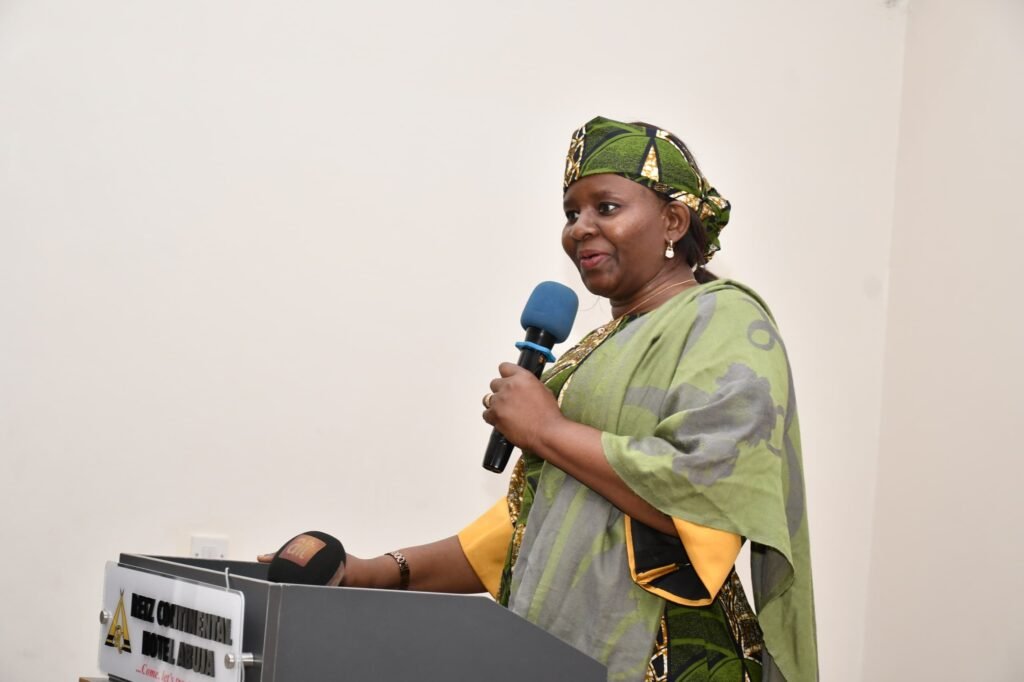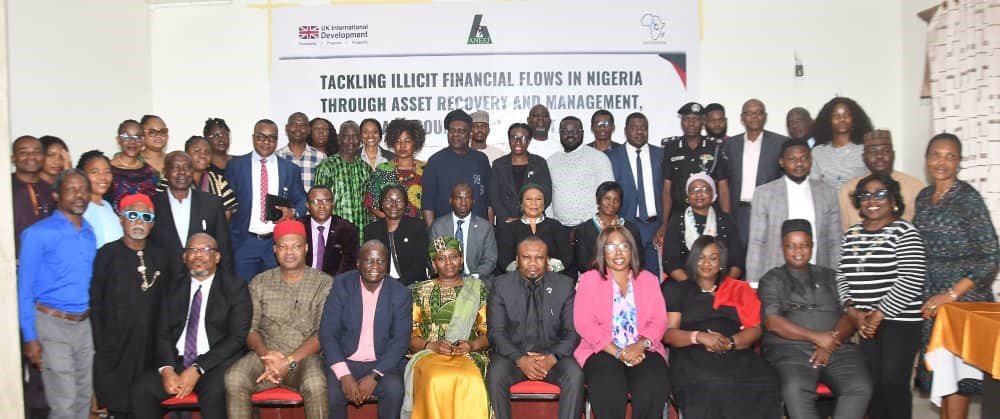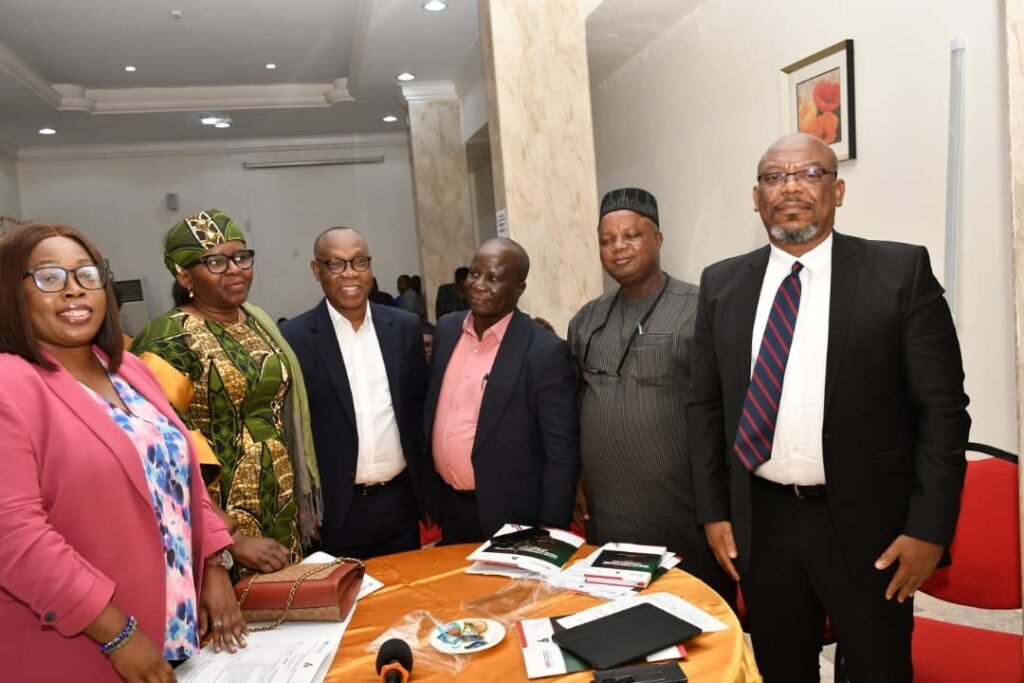
The African Center for Governance, Asset Recovery, and Sustainable Development has officially started implementing the Illicit Finance Resilience Project, with support from the UK Foreign, Commonwealth, and Development Office (FCDO). The initiative, launched at an inception meeting in Abuja, brings together leading institutions and stakeholders in Nigeria’s fight against corruption, illicit financial flows (IFFs). The project is carried out in partnership with the Africa Network for Environment and Economic Justice (ANEEJ) and aims to boost Nigeria’s ability to recover stolen wealth, improve compliance with anti-money laundering and counter-terrorist financing standards, and ensure that confiscated assets are transparently managed and reinvested for the benefit of citizens. The inception meeting gathered representatives from government, civil society, development partners, and international organizations. Discussions focused on closing loopholes that enable financial crimes, strengthening investigative and prosecutorial capacity, and promoting collaboration among agencies.
Juliet Ibekaku-Nwagwu, Executive Director of the African Center, emphasized the urgency of building a robust asset recovery framework, aligning national efforts with the Proceeds of Crime (Recovery and Management) Act 2022. She underscored the Center’s commitment to providing technical expertise, supporting investigators and prosecutors, and ensuring that recovered assets are reinvested transparently into critical sectors such as education, healthcare, infrastructure, and job creation.

International partners, including the United Nations Office on Drugs and Crime (UNODC) through its Stolen Asset Recovery (StAR) Initiative, pledged to work with Nigeria in strengthening recovery and return processes. National institutions such as the Nigerian Financial Intelligence Unit (NFIU), Independent Corrupt Practices and Other Related Offences Commission (ICPC), Federal Inland Revenue Service (FIRS), National Drug Law Enforcement Agency (NDLEA), National Agency for the Prohibition of Trafficking in Persons (NAPTIP), and the Nigeria Extractive Industries Transparency Initiative (NEITI) expressed readiness to collaborate in tracing, confiscating, and managing illicit assets.
African Center’s Wider Work
This new project builds on the African Center’s expanding role in promoting good governance, anti-corruption reforms, and sustainable development in Africa. Over the past year, the Center has spearheaded initiatives to:
- Strengthen compliance with Anti-Money Laundering/Countering the Financing of Terrorism/Proliferation Financing (AML/CFT/PF) standards within the Nigerian legal and financial sectors.
- Train and support investigators, prosecutors, and judicial officers on asset tracing, recovery, and transparent management.
- Launch broad public awareness campaigns, including media engagements, jingles, social media campaigns, brochures, and policy dialogues, to sensitize citizens about the dangers of illicit financial flows and the importance of reinvestment.
- Collaborate with the Nigerian Bar Association (NBA) and other partners to establish stronger professional accountability frameworks for lawyers and compliance officers.
- Provide policy research and technical input to strengthen Nigeria’s institutional and legal frameworks for tackling corruption and illicit flows.
Through these efforts, the African Center continues to position itself as a leading driver of reform in Africa’s asset recovery landscape, ensuring that stolen wealth is not only retrieved but also effectively channeled into national development priorities.

At the close of the inception meeting, participants agreed that tackling illicit financial flows requires a united front across government, civil society, and international partners. For the African Center, ANEEJ, and its sponsors, the FCDO, the Illicit Finance Resilience Project is more than a campaign against corruption—it is a commitment to building a culture of accountability and resilience in Nigeria’s financial governance system.
As implementation begins, the project stands as a crucial step towards ensuring that Nigeria turns the tide against illicit financial flows, recovers wealth lost to corruption, and builds a transparent, inclusive, and sustainable future for its people.


